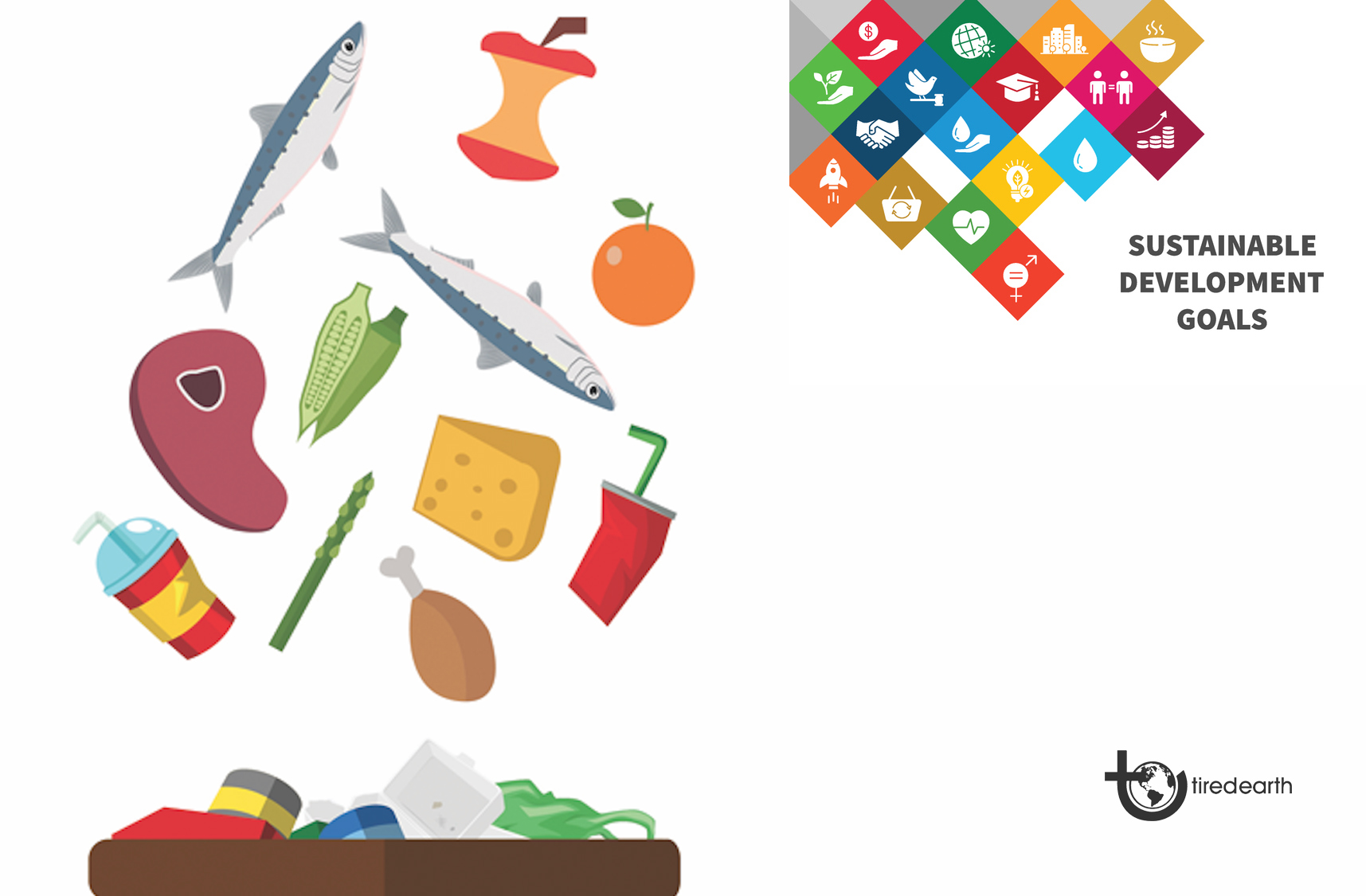30 Nov 2024

Florian Bessiere
Responsable d'organisation de conseils / informations #RH #DeveloppementDurable
Did you know that a third of all food produced in the world is wasted?

This is not only an ethical problem, it also has a direct social and environmental impact. This situation is currently raising a great deal of social and political concern among the world's population, which is increasingly aware of this and is demanding action to minimise it.
According to FAO data, along the entire food chain, from agricultural production to final consumption in households, works out to be about 1300 million tonnes of food is lost or wasted per year and this represents an unused opportunity to feed the world's hungry; that is estimated to be about 900 million people.
All this waste also has important environmental effects and a strong impact within the climate emergency. Where the progressive and in many cases irreversible degradation of agricultural areas and the disrespect of the biophysical limits of natural resources causes a great deterioration in biodiversity and ecosystems; in addition to the carbon footprint derived from the processes production, distribution of food and waste is estimated at one billion tons of CO2 per year worldwide, representing 8% of greenhouse gas emissions.
Faced with this complex situation, this issue became a priority on the global agenda, being included within goal number 12 (Zero Hunger) from the United Nations Sustainable Development Goals (SDGs), under target 12.3 that seeks to halve global food waste per capita at the level of retailers and consumers and reduce food losses along production and supply chains.
The goal of SDG’s 12.3 has two indicators that seek to work on these issues:
With these tools it is intended to have an optimal view of the scenario and develop plans to minimize food losses and waste.
This must not be worked on in isolation, it is a work of collective action that must involve the competent organs of the State, the private sector, non-governmental organizations and each of us in our own compacity. To advance in the task of achieving the objectives in terms of reducing food waste set out in the 2020-2030 Agenda, we must join forces to be able to generate changes in the system and in our relationship to purchase and consumption.
Awareness of this issue is critical to changing our view of food waste and loss, as it is imperatively necessary to ensure a better future for all.
Comment
Reply